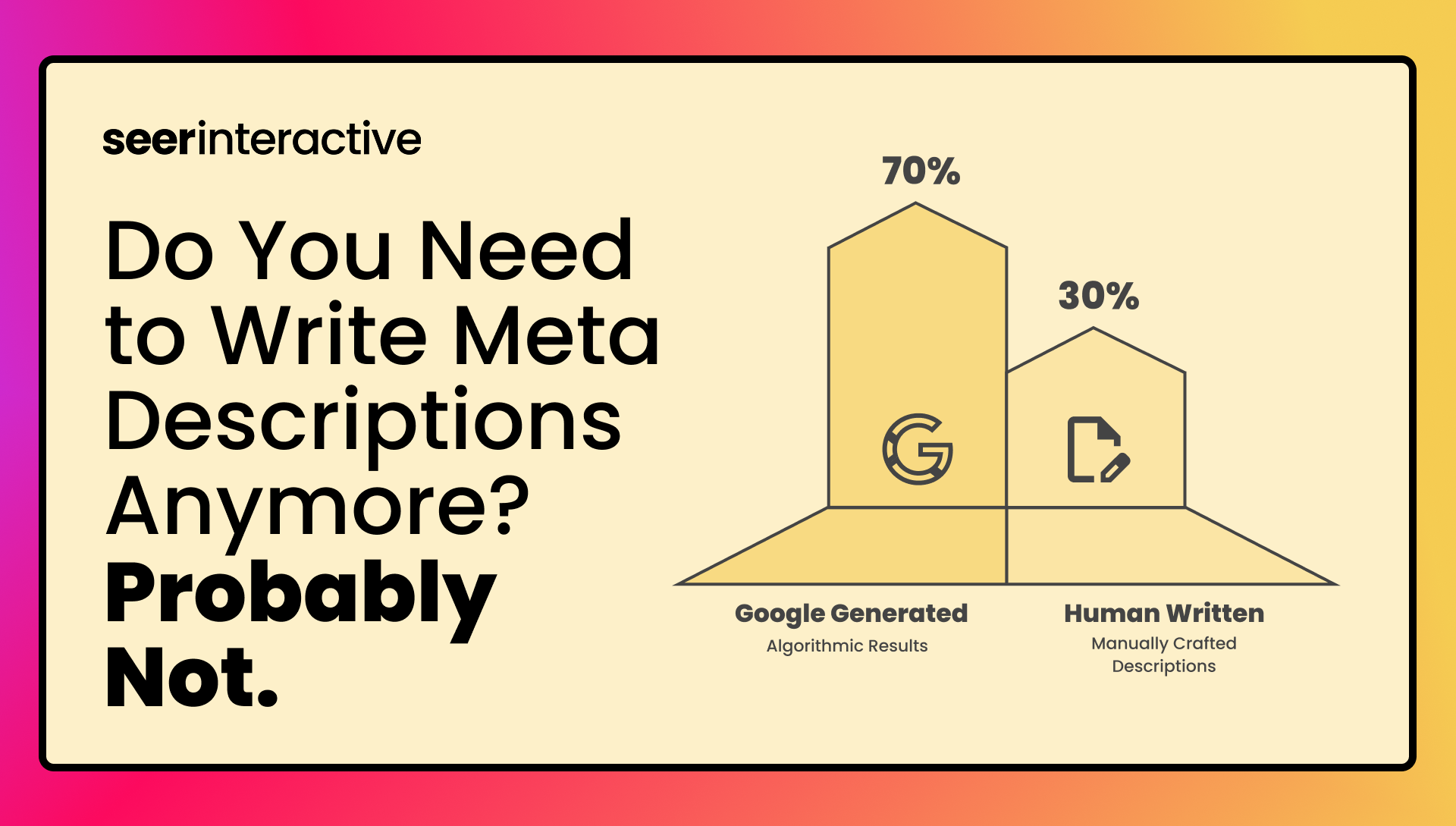Most internet users are familiar with the ever-present HTTP or HTTPS that prefaces a website URL, but not everyone understands what they both actually mean. While this URL nuance is seemingly minor, the difference between HTTP and HTTPS can have a big impact on your website’s security and SEO efforts.
In this post, we'll walk through what those differences are and why it matters.
What is HTTP?
HTTP stands for Hypertext Transfer Protocol.
This protocol is used to transfer data between different networks, which is what allows users to browse websites. The communication of data occurs in the form of requests and responses between the browser and server. In the earlier days of the internet, HTTP was how almost all websites functioned.
💡 Learn more about HTTP Status Codes from Seer.
What is HTTPS?
Fast forward to 2014, when Google announced that HTTPS would be used as a ranking signal, and it became the new name of the game (although HTTPS has technically been around since 1995).
HTTPS stands for Hypertext Transfer Protocol Secure.
So basically, it’s the same as HTTP but with a TLS or SSL certificate, which is a fancy way of saying your web data is being encrypted as it’s being transferred between the browser and server. This certificate makes it harder for hackers to access your data, since it will be encrypted in the form of random characters.
HTTPS websites are easy to identify in Chrome because they are marked with a padlock icon in the Omnibox. When you come across a non-secure (HTTP) website, the phrase “Not secure” takes the place of the padlock.

Still getting hit with the “Not secure” label after switching your site to HTTPS? Here are Seer’s tips to fix the issue.
What is the Difference Between HTTP and HTTPS?
To reiterate, the main difference between HTTP and HTTPS is the presence of the TLS or SSL certificate on HTTPS. HTTPS creates a more secure connection for data to pass through vs HTTP.

Should I Use HTTP or HTTPS?
As you can probably guess by now, HTTPS is generally the better choice ...
The obvious reason is that it helps protect user data containing sensitive information such as passwords, credit card numbers, or other personal information. But did you know that making the switch to HTTPS can improve your website’s SEO, too?
Why Use an HTTPS Secure Website?
Think about it -- as an internet user, you’re more likely to use a website that keeps your personal information safe over one that doesn’t. That differentiation alone can assist your SEO by improving your credibility and trust with your audience. Here are a few other reasons why having an HTTPS website can boost your SEO:
- Google prefers HTTPS sites in its ranking algorithm and indexing system
- Google labels HTTPS sites with a padlock icon and others as “Not secure”
- Your site speed will likely increase (a Google ranking factor)
- You will avoid security breaches of user data, which can be detrimental to not only SEO, but all business efforts
In the end, the benefits of having an HTTPS website all come down to credibility and rankings. Can users rely on your website to keep their data safe? If so, Google will reward your website in the SERPs.
Making the Switch to HTTPS
If you’re considering making the switch from HTTP to HTTPS for your website (good choice!), you’ll want to be sure you’re setting yourself up for success. Properly implementing 301 redirects is essential to avoiding duplicate content, which will count against your site’s SEO.
Keep reading for more ways to improve your website's health:
- 5 Technical SEO Tips for New SEOs
- How to Check Your Technical SEO Health in Less Than 60 Mins
- Core Web Vitals 101: Everything You Need to Know



